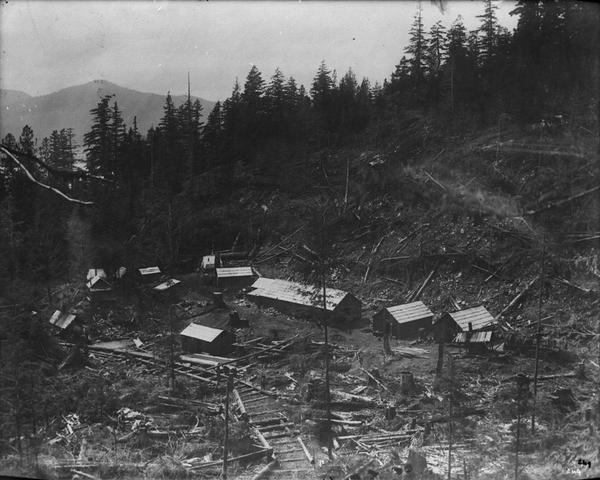During the 1800s, one of the most dangerous jobs in Canada was Log Driver. These men risked their lives every day running logs down the River to transport to the rest of the world. They left their family's behind for the lucrative but dangerous job of river running. Working 14-16 hours a day, 6 days a week in icy cold waters, living in isolated camps and the majority could not even swim. So why would you risk life and limb for such a job. The Log driver made nearly twice as much as a typical already paid lumberjack which was already decent wage. In today's wages it would be in the 100's of thousands of dollars.

The inherent dangers of the job were real however. Drowning, being crushed by log dams or medical emergencies while being isolated took it's toll.
The local news papers had complete sections on the injuries and deaths along the rivers which in 1845 was 80+ men in the Ottawa Valley alone. This was such a hardship on the families and men in the camp. Over the years the lumperjack, logdrivers and camp crews grew close bonds with each other. It must have been a devastating ordeal to loose someone you work so closely with for months on end. Along the river runs there cemetery that were devoted to the lumber trade that pay tribute to a forgotten past era.

In pop culture today we still hear many sayings from this era of time.
"High and Dry" describes an unsuccessful log drive. Maximum river flows typically coincided with the runoff from snowmelt, and was sometimes augmented by water released from flash dams. If logs were started downriver when there was not enough water to move them all the way to the sawmill, the investment made in cutting that timber might be stranded high and dry in shallows along the stream for a year until the next spring snowmelt. (Holbro0k, 1961)
The phrase "Come Hell or High Water", used when one is determined to get something accomplished no matter how hard or whatever difficulties one may face, originated in the race to get logs into the brooks and streams so that they could reach the rivers while the water was high enough to float the drive. (Bob Howells)
Finally I think the most iconic Canadian tribute to this trade has to the Log Driver's Waltz by Wade Hemsworth.
Have a listen of this great folk song showcasing this trade from the last century:

